Spring break and weekends are great opportunities for parents to get children of any age (pre-K and up) to do fun yet powerful STE(A)M activities (the A is for Arts) that build their self-concepts and mindsets as STE(A)M explorers! Whether you staycation or leave town, the world around you is replete with fascinating elements to creatively explore and wonder about. If we all foster these habits of mind in our children, we will be giving them an important advantage in their lives no matter what they choose to do in their careers. Plus – it’s a lot of fun!
At talkSTEM, we work hard to develop future female and unrepresented STEM leaders by inspiring today’s youth to adopt a STEM mindset. That’s why we developed the 21 Day Spring/Summer STEAM Challenge. Sign up and you will receive a daily email for 21 days with a menu of 3 options of easy STEAM activities you can do outdoors or indoors. No need for kits and special toys – the work is around you is one we’d love for you to help your child wonder about and explore. In this way. they can continue to grow their STEM mindsets.
talkSTEM’s 21 Day STEAM Challenge
Parents and community educators – sign up for this free resource that we developed for kids in preK and up. Get started over spring break and you’ll find it easy to continue the remaining couple of week’s worth of activities. Challenge your kids to see if your family can make it for 21 days! Make it fun – and do share on social media about how you are doing! We’d love to see what everyone gets up to.
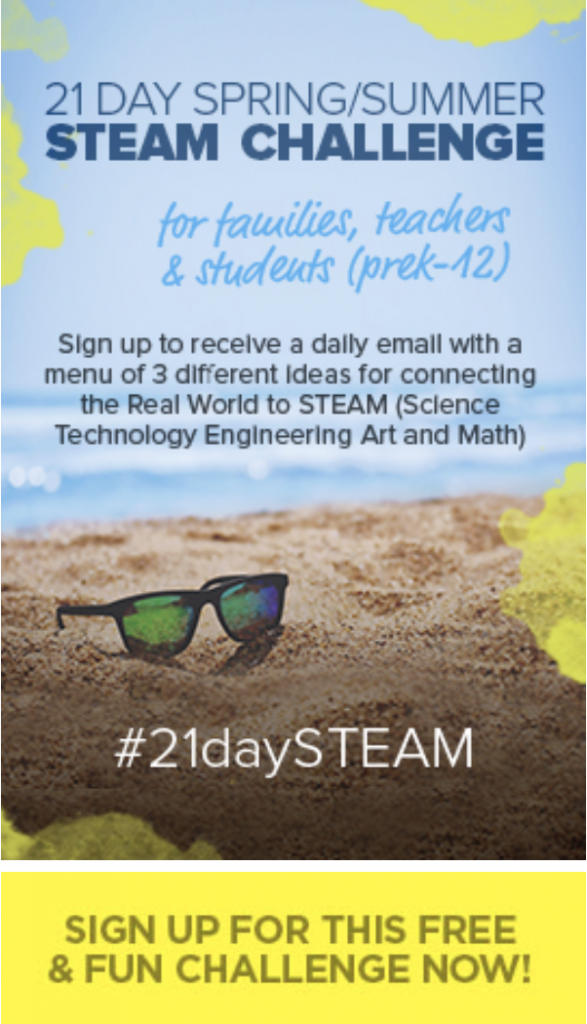
We also love what the high school all-girls team have created in their Girls Do STEAM journal and encourage parents of young children from pref-middle school to visit their website!
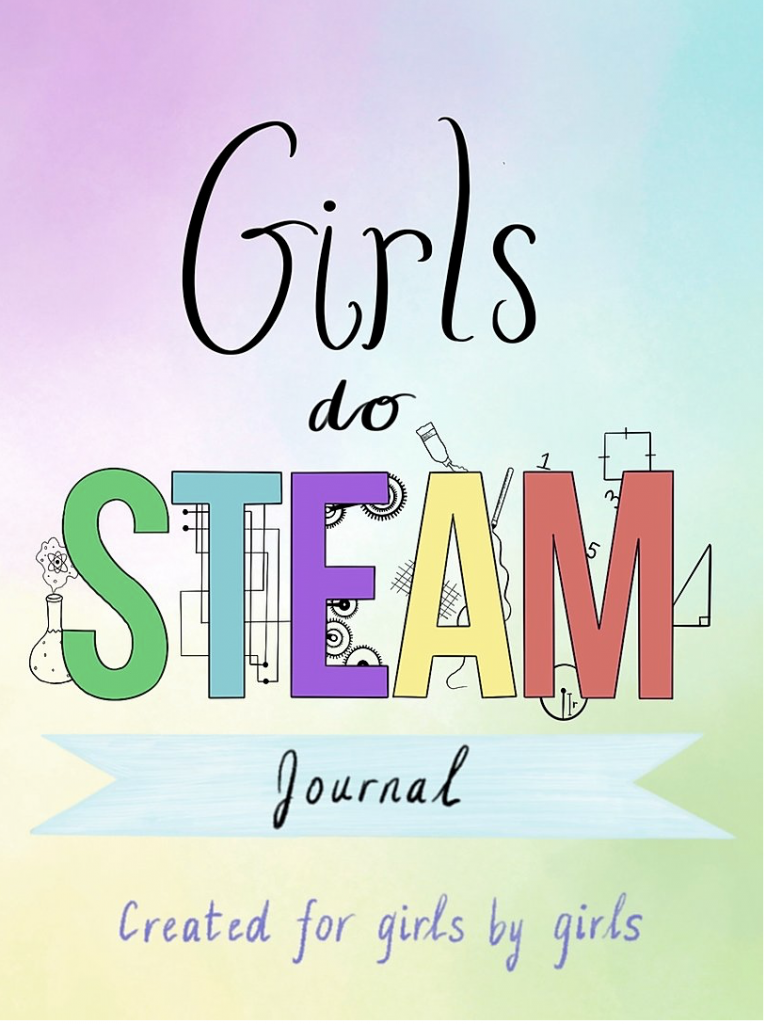

What is a STEM mindset? Is it reserved for scientists, engineers, and mathematicians?
No! We firmly believe that this is a type of a growth mindset that all children and adults need in order to thrive in today’s world.
“Because of the role science and technology play in our lives, a STEM mindset isn’t reserved only for those with or pursuing STEM-related careers. It is important to everyone—at any age, in any profession, and anywhere in the world.
Someone with a positive STEM mindset necessarily possesses a growth mindset—the idea your intelligence isn’t fixed and you can get smarter by putting in effort. Those with a growth mindset possess grit, perseverance, and embrace learning from failure—no doubt a beneficial outlook for STEM students and practitioners as they question and investigate to understand phenomena, or design and evaluate solutions to new problems.
21st-century skills are also essential. STEM doers of all ages certainly benefit from a mindset that prioritizes creativity, collaboration, communication, and critical thinking. Imagination, innovation, and inventiveness; working with others; sharing findings and solutions with colleagues, decision-makers, and the public; making evidence-based decisions—all are certainly important ways of thinking in STEM.
Habits of mind—a “set of problem solving, life related skills, necessary to effectively operate in society and promote strategic reasoning, insightfulness, perseverance, creativity and craftsmanship”—overlap with (and likely influenced) both of the above frameworks and are also important attributes.
However, growth mindset, 21st-century skills, and habits of mind are not discipline-specific—they benefit anyone, regardless of subject studied or career pursued. So, where does STEM come in? Someone with a STEM mindset also believes they can do science, engineering, and math, and has an appreciation for the complex role that technology plays in our lives and in the world—as a student, in their career, and as an engaged citizen. Someone with a STEM mindset believes that asking and answering questions using a scientific approach to draw evidence-based conclusions helps them to figure out how things work and what to believe, to identify opportunities and risks, to make decisions and take action, and to predict likely outcomes. They also believe that advancements in science, engineering, and technology—used responsibly and ethically—have the potential to solve local and global challenges. Someone with a STEM mindset sees the potential of science, technology, engineering, and mathematics to be valuable and relevant to their lives and communities and in the world.” – from Connected Science Learning
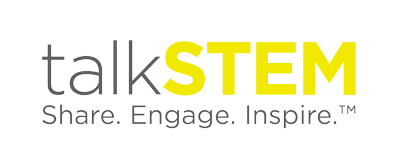
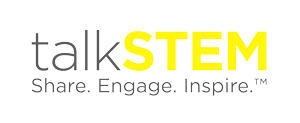

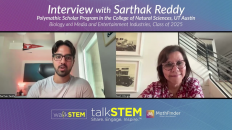



Add comment